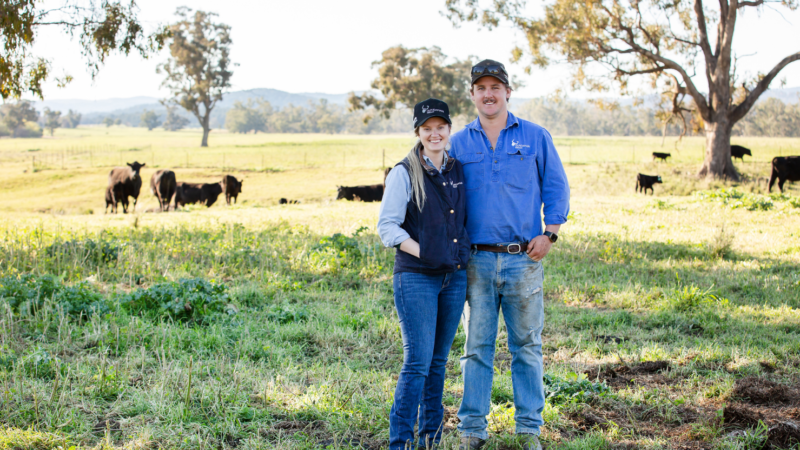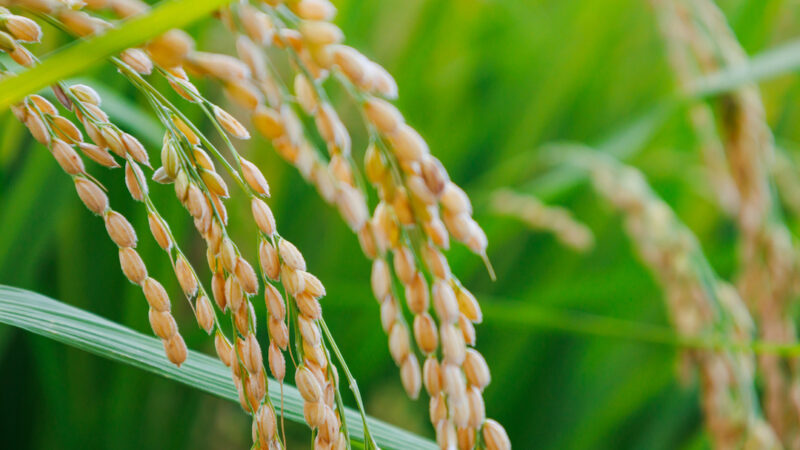Aerial of the Narrabri Gas Project Making it clear that there is no support for…
Alternative protein update: food for thought
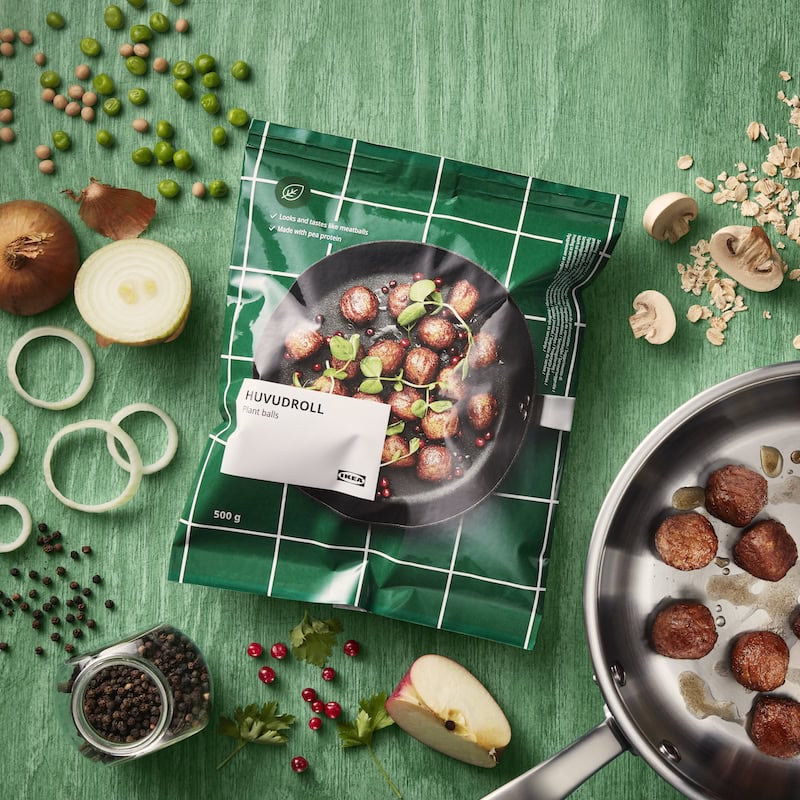
Meat and Livestock Australia�s 2020 State of the Industry report shows increasing international meat consumption, and that most Australians have maintained their level of red meat consumption over the past 10 years.
ABARES data also demonstrates that pork and poultry meat are seeing exponential rises in consumption domestically, driven by price and cultural preferences.
So, rather than being a direct threat to livestock, developing plant-based protein products for the Australian market could ultimately provide new market opportunities for grain producers � something that�s well in train across the research and development sectors.
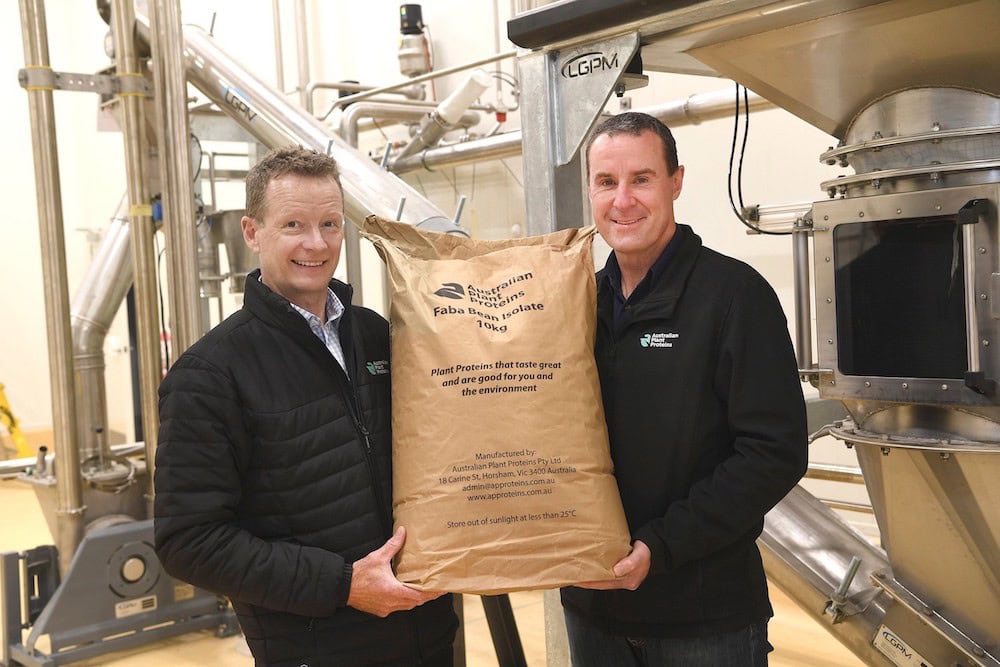
Alternative protein is a growth sector for the CSIRO. The organisation recently announced three �missions� � projects to provide solutions for agricultural sector issues � including one on the future of protein.
The mission will look at opportunities to change the genetic makeup of certain grain products, positioning them as high-value inputs for stockfeed.
It will also consider what plant-based ingredients will be needed in manufacturing alternative protein products locally, providing an additional income stream for Australian grain growers.
The market for local manufacturing is growing. In September, Victorian-based Australian Plant Proteins (APP) began manufacturing plant-based protein powder at its facility at Horsham in Victoria.
While the plant�s current output is around 2,500 tonnes of powder production, the company is looking to double its production in the next 12 months to meet international demand.
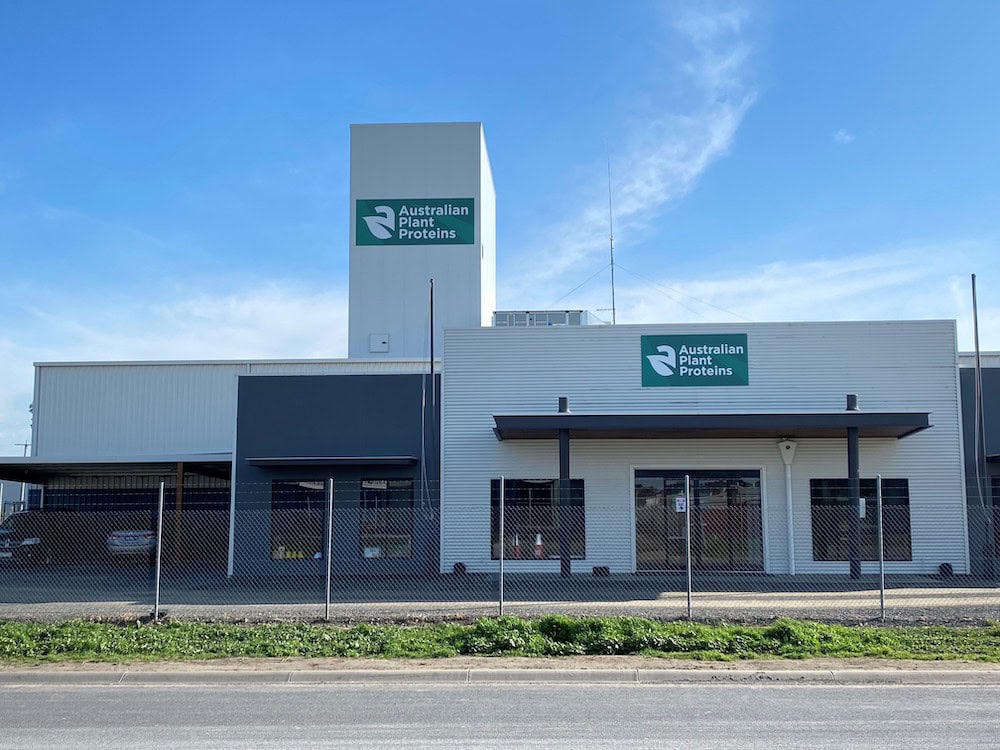
APP is initially using Wimmera region faba beans in it products, and is looking to expand to lentils, chickpeas, and other pulses and legumes.
The Horsham facility is leading the way in manufacturing plant-based products from local sources � previously, ingredients had to be imported due to the lack of local processing facilities. It�s also the first facility of its kind in the southern hemisphere.
�There is interest from numerous global as well as domestic food and beverage manufacturers,� says Brendan McKeegan, APP co-founder and director. �In the first instance, the protein isolate is destined for manufacturers in Australia, the USA, Japan and various European markets.�
APP is sourcing its inputs from specialist grain handlers with experience in pulses, and doesn�t have strict specifications for inputs as they recognise the high quality of Australian product. �We can also take second grade product and extract just as much protein as we would from first grade product,� Brendan explains.
There�s news on the consumer front, too. In October 2020, IKEA launched meat-free Swedish meatballs made from yellow pea protein, oats, potatoes, apples and onion. It�s meant to taste just like the brand�s classic meatballs made from beef and pork.
IKEA says that the new meatball has a significantly reduced carbon footprint, but not much evidence has been provided to back up this claim.

Consumers in major cities are starting to see changes at the supermarket, as retailers dedicate more shelf space to plant-based products.
Australian company v2food for instance, which produces the Hungry Jack�s plant-based Rebel Whopper, has launched its v2mince and v2burgers in Woolworths stores across Australia.
v2 has also teamed up with meal delivery companies Marley Spoon and Dinnerly to deliver their plant-based options.
As the plant protein processing sector in Australia is still in its infancy, v2 are still relying on a number of imported ingredients � but its mince is made in Australia from 65 per cent Australian ingredients.
They plan to ramp up production at their Wodonga facility this year, and will look to source inputs from Australian growers.
Politicians and regulators are keeping a close eye on the industry � Federal Minister for Agriculture David Littleproud hosted a roundtable in late September with members of the plant-based, meat, dairy, egg, manufacturing, and retail sectors.
�I am confident that the massive demand for protein presents huge opportunities for all food producers, and I remain committed to giving our growers greater opportunities to be part of the globally thriving plant-based industry,� the Minister said.

�Plant-based industries form an integral part of Australian agriculture and provide crucial jobs to many Australians living in rural communities, both on farm and through the food manufacturing supply chain.�
The Minister�s interest is focused on labelling, ensuring that marketing is accurate and consumers aren�t confused about the products they are purchasing.
The agricultural industry itself is continuing to hold open discussions with the alternative protein sector, including through the Future of Protein forum. The forum is spearheaded by NSW Farmers in conjunction with the National Farmers Federation and Food Frontier.
Its first meeting in November will bring together key peak industry bodies and alternative protein companies to discuss opportunities for plant producers, life-cycle assessments in Australian agriculture, and new technologies in the alternative protein sector.
If you enjoyed this feature on plant-based proteins, you might like our story on decisions being made about the Health Star Rating for 100 per cent juice.






